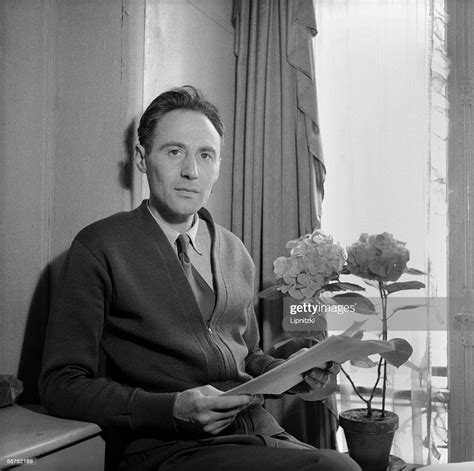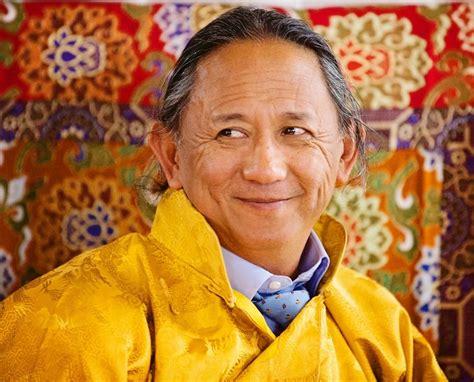A Quote by Pope Francis
We also must learn to listen more to our conscience. Be careful, however: this does not mean we ought to follow our ego, do whatever interests us, whatever suits us, whatever pleases us. That is not conscience.
Related Quotes
God is speaking to us. But are we listening to Him? When our conscience begins to nudge us for whatever reason, we might have this low-level misery or uneasiness about whatever it is we've done or we're about to do. At times like this, it's wise to prayerfully consider whether we're offending God with our actions.
It’s a New Year and with it comes a fresh opportunity to shape our world. So this is my wish, a wish for me as much as it is a wish for you: in the world to come, let us be brave – let us walk into the dark without fear, and step into the unknown with smiles on our faces, even if we’re faking them. And whatever happens to us, whatever we make, whatever we learn, let us take joy in it. We can find joy in the world if it’s joy we’re looking for, we can take joy in the act of creation. So that is my wish for you, and for me. Bravery and joy.
There is a certain standard of grace and beauty which consists in a certain relation between our nature, such as it is, weak or strong, and the thing which pleases us. Whatever is formed according to this standard pleases us, be it house, song, discourse, verse, prose, woman, birds, rivers, trees, room, dress, and so on. Whatever is not made according to this standard displeases those who have good taste.
Some things are up to us [eph' hêmin] and some things are not up to us. Our opinions are up to us, and our impulses, desires, aversions–in short, whatever is our own doing. Our bodies are not up to us, nor are our possessions, our reputations, or our public offices, or, that is, whatever is not our own doing.
A writer - and, I believe, generally all persons - must think that whatever happens to him or her is a resource. All things have been given to us for a purpose, and an artist must feel this more intensely. All that happens to us, including our humiliations, our misfortunes, our embarrassments, all is given to us as raw material, as clay, so that we may shape our art.
What we look forward to, and the great promise of the gospel, is that whatever our inclinations are here, whatever our shortcomings are here, whatever the hindrances to our enjoying a fullness of joy here, we have the Lord's assurance for every one of us that those in due course will be removed. We just need to remain faithful.





































